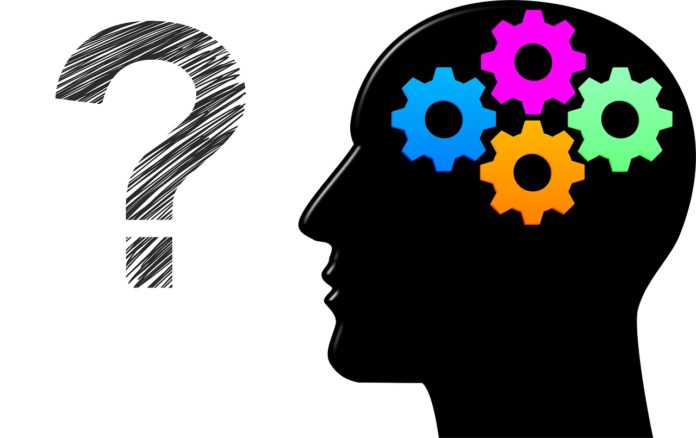A memory is made by linking two or more of the 100 billion nerve cells in your brain. Your brain continues to develop neurons and build new connections to strengthen memory as you age. This phenomenon is called neuroplasticity.
Experts suggest various ways to boost memory. Now, human memory is about to get supercharged. A scientist at the University of Southern California has developed a “memory prosthesis” brain implant, which could boost human memory.
The implant is made of electrodes which are implanted in the brain. It emulates the way we normally process recollections by giving little electric stuns to the hippocampus — the district of the mind engaged with learning and memory.
These electric burts mimics typical cerebrum action designs, so the scientists trust it could help individuals with memory issue, for example, dementia.
For experiments, scientists involved 20 volunteers and fitted them with the electrodes. They asked them to participate in a training session where they were given a simple memory game. Each participant was represented with images in a short presentation, then had to recall what they had seen up to 75 seconds later.
The scientists at that point took a gander at the reactions of neurons in the subjects’ brains to see which districts were initiated while they were utilizing their memory.
During the second session, scientists used implants to stimulate these specific brain areas with micro-electric shocks.
Scientists suggest the device can potentially boost performance on memory tests by up to 30%. They hope it could be adapted to be used as a tool to improve memory, vision, or movement.
Dong Song, associate professor of biomedical engineering at the University of Southern California said, “We are writing the neural code to enhance memory function. This has never been done before.”
